
01 December 2025
Australian Alumni Gala Dinner Celebrates Outstanding Alumni Contributions
The Australian Alumni Gala Dinner on 20 November 2025 in Jakarta brought together hundreds of Indone... Read more
The Australia Awards are prestigious, transformational scholarships and short courses offered to emerging leaders for study, research and professional development in Australia
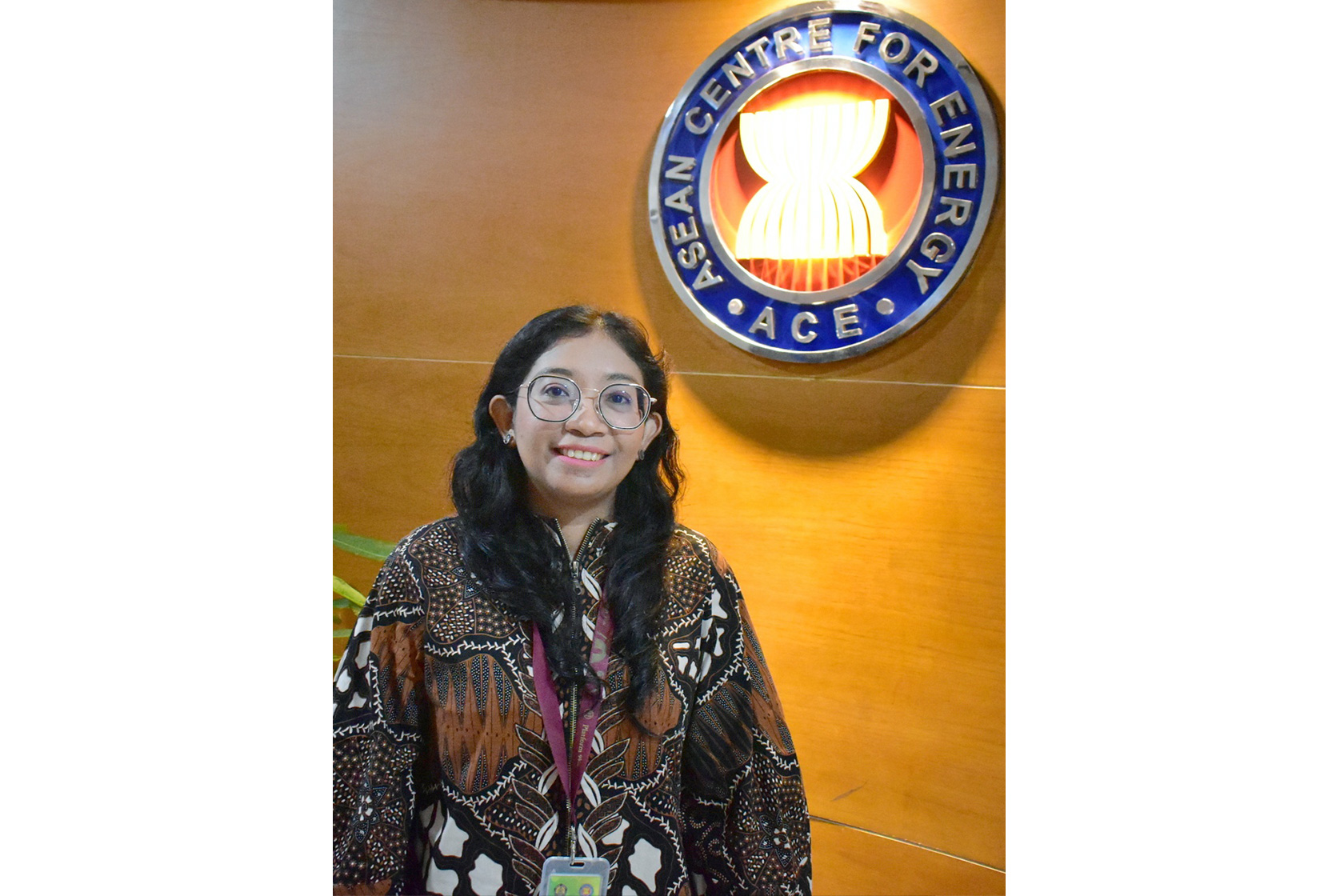
04 September 2025
 From IT to Clean Air: How Rika Safrina Shapes ASEAN’s Renewable Energy Future
From IT to Clean Air: How Rika Safrina Shapes ASEAN’s Renewable Energy Future
When Rika Safrina thinks of children growing up in Jakarta, one of the world's most polluted cities, she is driven to act. At the Association of Southeast Asian Nations (ASEAN) Centre for Energy (ACE), she uses data analysis and modelling, bolstered by an Australia Awards Short Course on Renewable Energy, to recommend policies to deliver cleaner air.
Fossil fuels, including coal, oil, and natural gas, still dominate Southeast Asia’s energy mix, accounting for 83.5% of total supply. As energy demand has risen rapidly alongside the region’s economic growth, pollutants from fossil fuels and other sources have worsened air quality in major cities, including Jakarta.
As Senior Analyst for Energy Modelling and Policy Planning at ACE, Rika leads a team to produce a range of energy use projections to help ASEAN nations accelerate the shift towards cleaner energy. The projections cover not only long‑term electricity generation but also model how energy use in the transportation sector will grow in the coming decades.
Using these projections, ACE produces policy recommendations for ASEAN nations, based on each country’s energy policy.
‘Shifting the use of fossil fuels to cleaner energy can directly and indirectly affect air pollution levels,’ said Rika. ‘We provide recommendations for each member state to achieve its decarbonisation target. For example, strategies to increase the share of electric vehicles or of solar and wind power, and by how much.’
Bringing a Tech Background to Climate Policy
Rika joined ACE in 2019 after graduating with a Masters of Science in Science and Technology Policy from the University of Sussex, England.
Initially, given her background in informatics engineering, Rika envisioned doing advocacy work on information technology policy. However, that changed when she joined ACE. She learned that science policy could be used to respond to climate change, improve people’s welfare, and drive economic growth.
‘I have personally experienced the effects of living in a city with poor air quality. As a parent, I worry about the future for the next generation if the energy system does not switch to cleaner sources,’ said Rika, who earned her bachelor’s degree in Informatics Engineering from the Bandung Institute of Technology.
Seeing Renewable Energy in Action
In January 2023, Rika was accepted onto an Australia Awards Short Course on Renewable Energy, providing an opportunity to boost her knowledge of clean energy.
During the two-week short course in Australia, Rika not only learned about theories of renewable energy but also visited various clean energy projects, such as solar panel factories, wind power and hydropower plants.
She also witnessed new technology, such as hydrogen fuel for transportation and bio-energy plants.
‘It was an eye-opening experience. Visiting various renewable energy projects in Australia gave me a better understanding of the challenges in the energy transition,’ Rika said.
In addition, Rika also learned about Australia’s electricity sector, which operates an open electricity market. Consumers are free to choose electricity retailers and plans instead of relying on a single provider.
‘By learning from Australia’s electricity system, private power producers could build micro-grids in remote areas to expand energy access in Indonesia,’ she explained.
She added that she valued the opportunities to meet fellow participants from a range of government institutions, the private sector and non‑governmental organisations.
‘When ACE organises an event or when I write an analysis, I know which experts to contact from those I met on the short course,’ she recalled.
Beyond Policy Recommendations
While ASEAN does not have a single net‑zero emissions target, each member nation has set its own goal. For example, Indonesia aims to achieve net‑zero by 2060 or sooner, while Brunei Darussalam, Cambodia, Malaysia, and Singapore are aiming for 2050.
The modelling and analysis that Rika and her team produce are published in ACE’s bi‑annual flagship publication, ASEAN Energy Outlook. Its most recent edition, the 8th ASEAN Energy Outlook, was supported by partners including Australia’s Department of Foreign Affairs and Trade (DFAT) through Partnership for Infrastructure (P4I). The publication is available to the public.
‘We hope the private sector can also read this publication. If more companies get involved in the energy sector, it could make energy not only more affordable in terms of cost but also extend its reach,’ Rika said.
Apart from producing policy recommendations, Rika also conducts research on a range of cross‑sectoral and socio‑economic issues. These include the impact of greenhouse gas emissions and the transition to cleaner energy on the job market.
‘We analyse how many new jobs can be created or lost from the transition from coal to renewable energy, and how much land we need to build a solar farm, which typically requires a vast area,’ she explained.
Expanding Renewable Energy in ASEAN
As part of its strategy to increase renewable energy use, ACE is discussing the possibility of building an interconnected grid in the region. This would allow ASEAN countries that generate electricity using cleaner energy sources to supply electricity to those relying on fossil fuels.
Collectively, ASEAN aims to increase the share of renewable energy in the region’s Total Primary Energy Supply (TPES) to 23% in 2025 from 14% in 2023, according to the association’s data. By 2025, renewable energy is expected to account for 35% of ASEAN’s total power generation capacity, up from 33.5% in 2023.
However, challenges remain, including energy policies in each country, investment costs, and technical aspects.
‘Some member states are prioritising other development needs, which can make the shift to cleaner energy more gradual,’ Rika explained. ‘So, it is hoped that all the policy, politics, investment and technical challenges can be resolved in the future.’
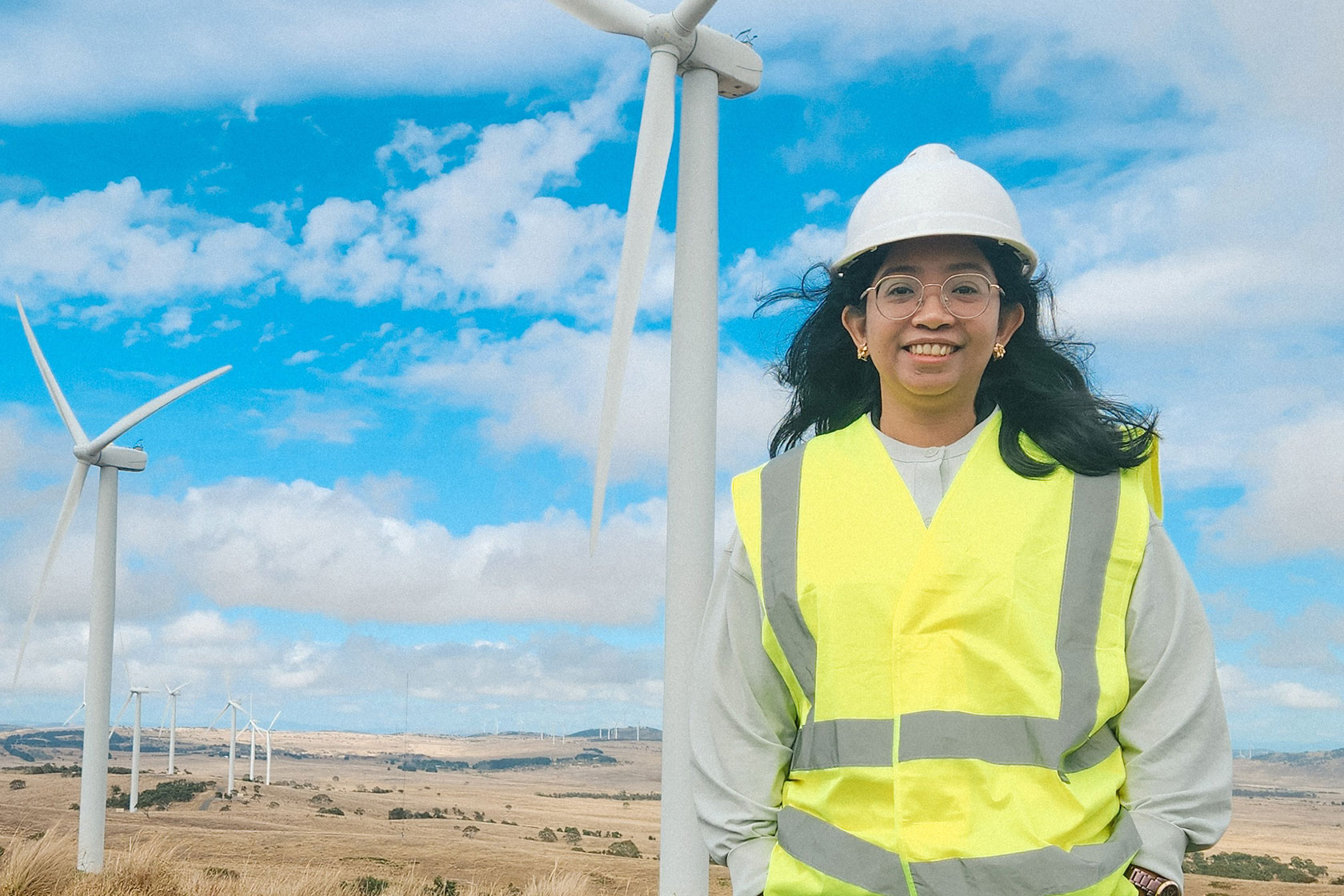
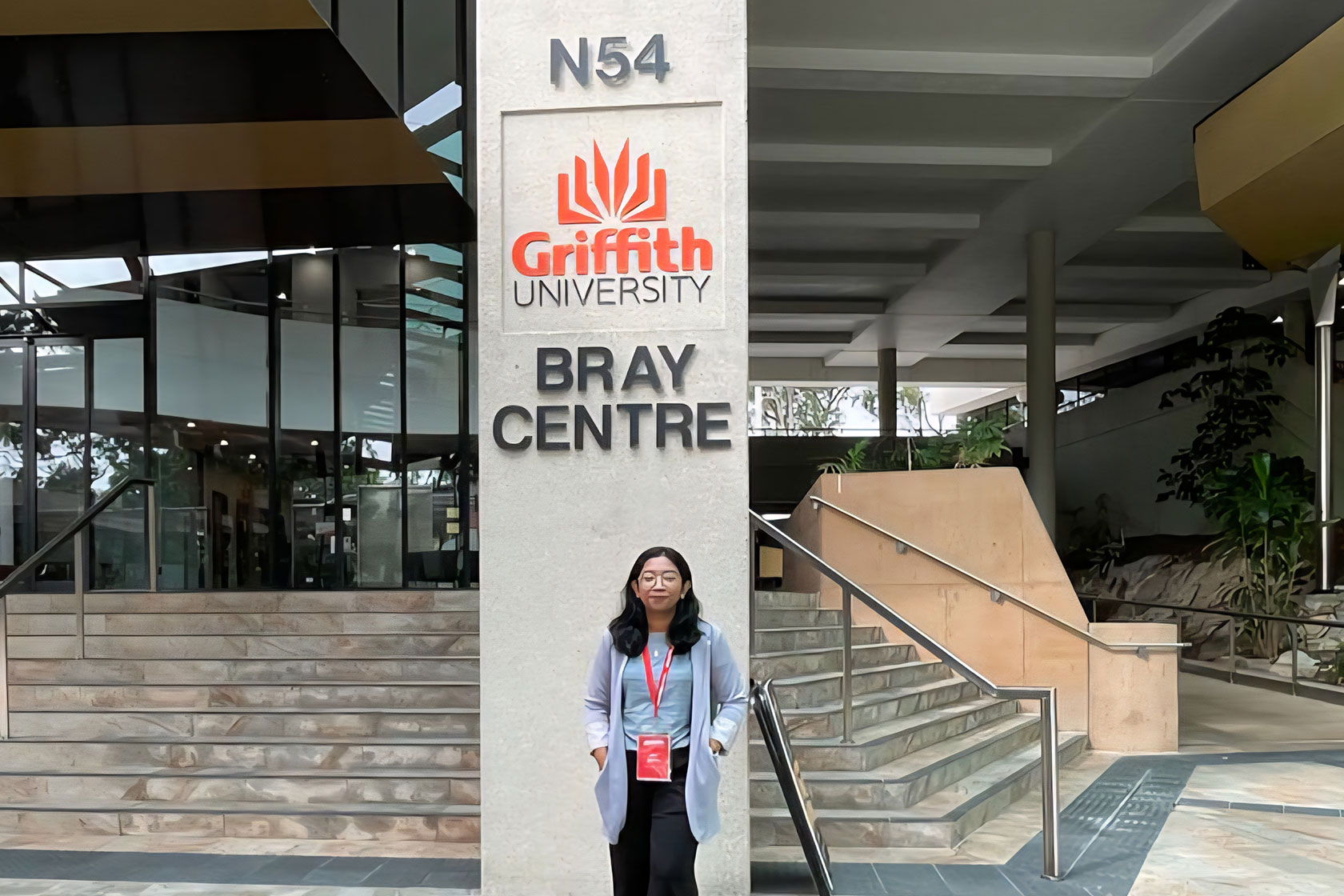
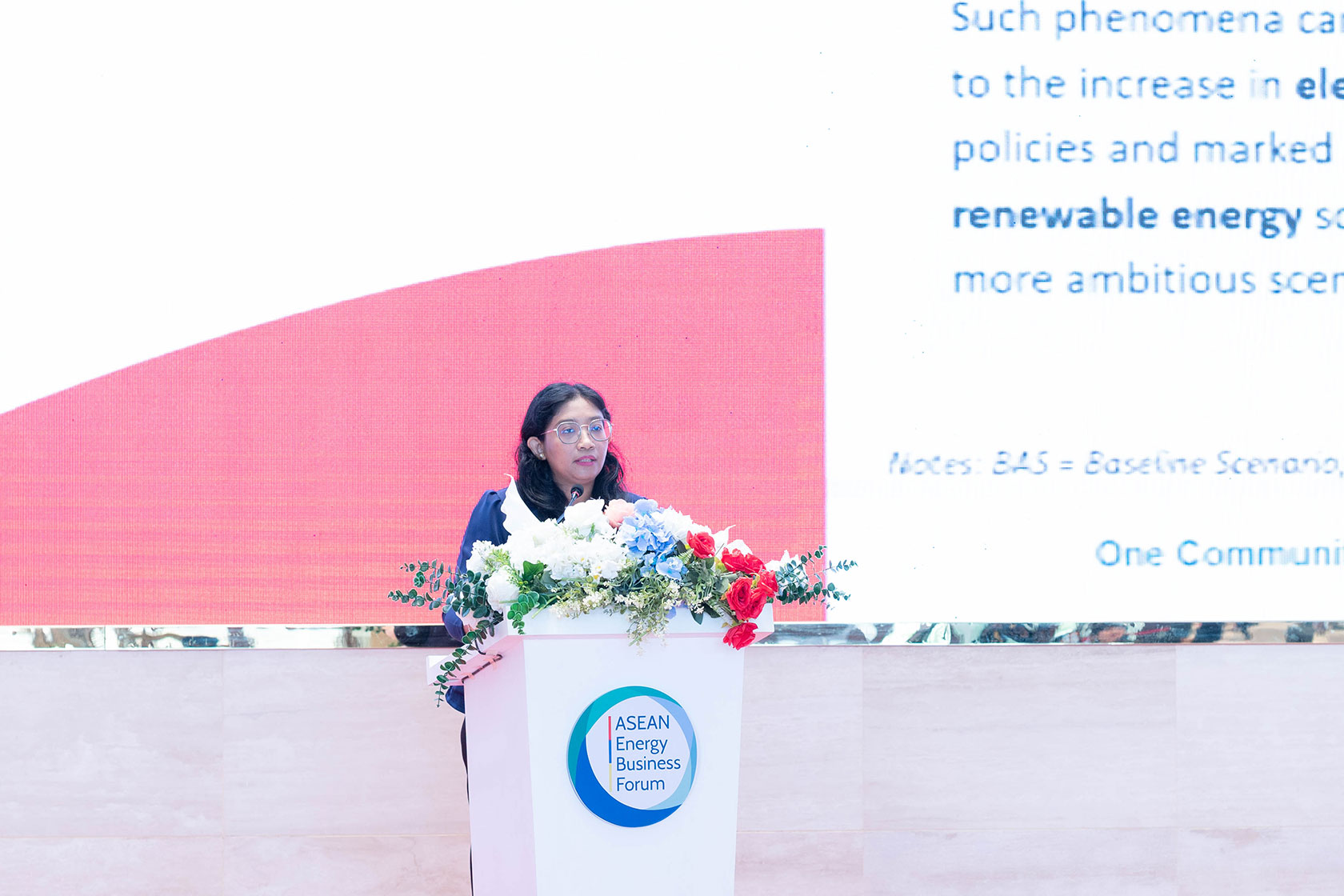
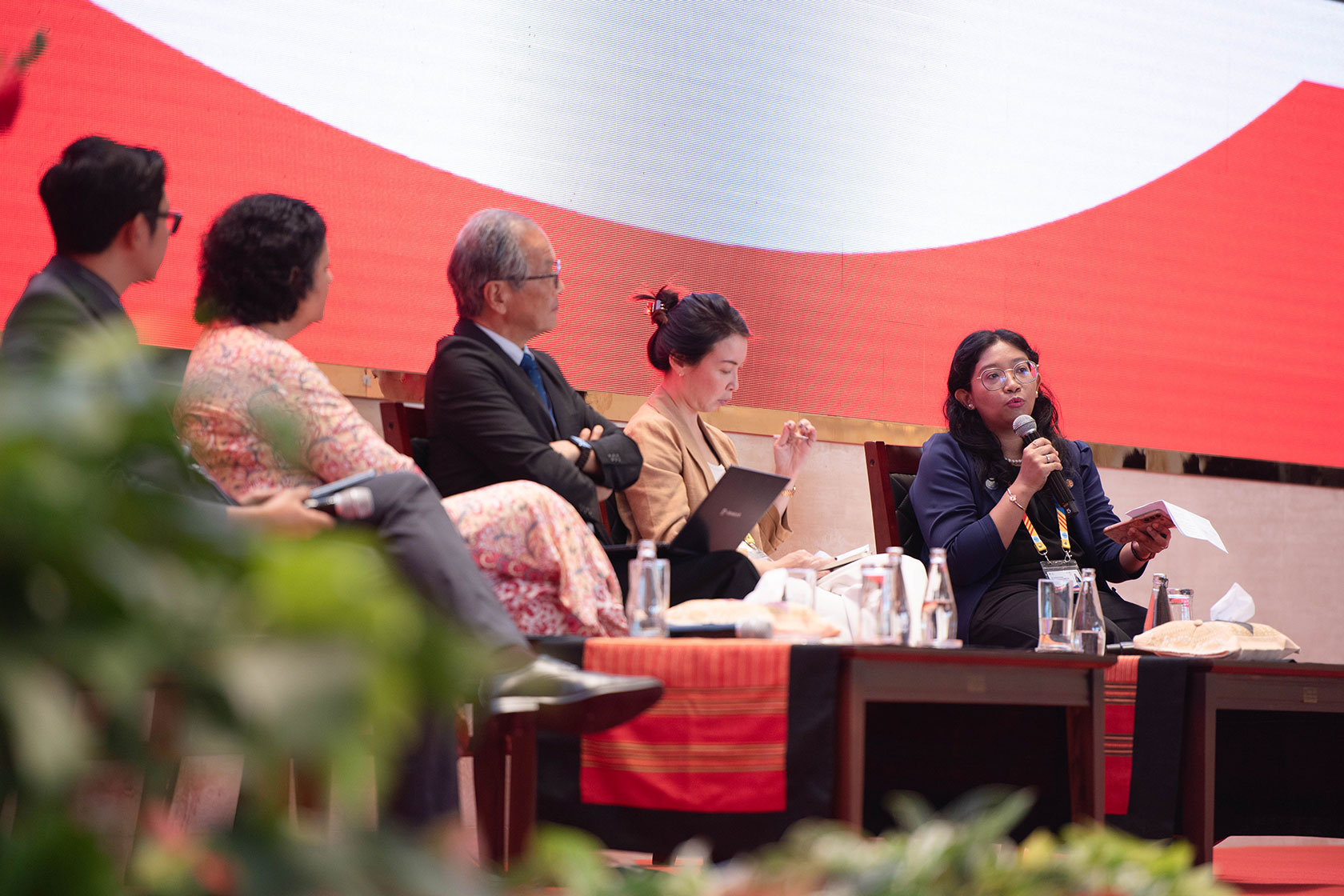
Share this news on:
 Related News
Related NewsThis website uses cookies to improve your website experience. We may also use cookies to analyse website data so that we can improve our online services. To find out more visit our privacy policy.
